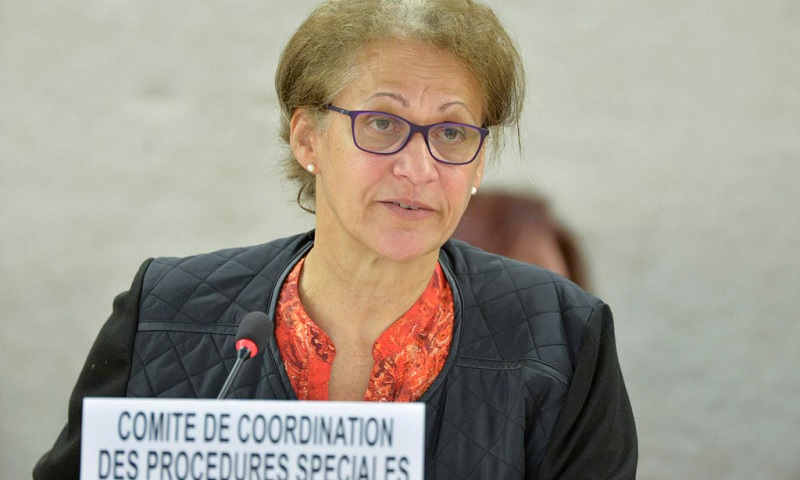
International efforts to tackle climate change must be more inclusive and involve those largely overlooked during the COP21 climate change summit, the United Nations Working Group of Experts on People of African Descent said in a statement*:
“Implementation of the Paris climate change agreement and future climate talks should focus on the needs and views of those most at risk, including people of African descent, and not be based on market forces.
People of African descent are among those set to be most adversely affected by climate change, yet they barely figured in the two weeks of negotiations at COP21 in Paris.
Despite advances in tackling racism and racial discrimination, both direct and indirect, people of African descent are often among the poorest and most marginalized groups in society. They often live in communities disproportionately affected for decades by environmental degradation such as air pollution and toxic waste. They are now bearing, and are set to further bear, a disproportionately high burden of the consequences of climate change.
Given this, discussions on climate change must be framed in the light of environmental inequalities and take into account people of African descent and Africans living in all regions of the world, many of whom remain trapped in structural and institutional invisibility.
We are in the International Decade for People of African Descent, which runs from 2015 to 2024. The decade aims to highlight the contribution of people of African descent to societies. It also aims to strengthen national, regional and international cooperation in relation to the full enjoyment of economic, social, cultural, civil and political rights by people of African descent – rights that are set to be affected to a greater or lesser degree by climate change.
World leaders can make the Paris agreement process truly historic by ensuring that the participation of marginalized communities, including people of African descent, in efforts to deal with climate change is no longer overlooked or sidelined, but made central to the debate about the future of our common planet.
*This statement is attributable to Mireille Fanon Mendes-France, current Chairperson of the expert group.
To read more, please click here.
Source & Copyright: UN Office at Geneva
 Welcome to the United Nations
Welcome to the United Nations